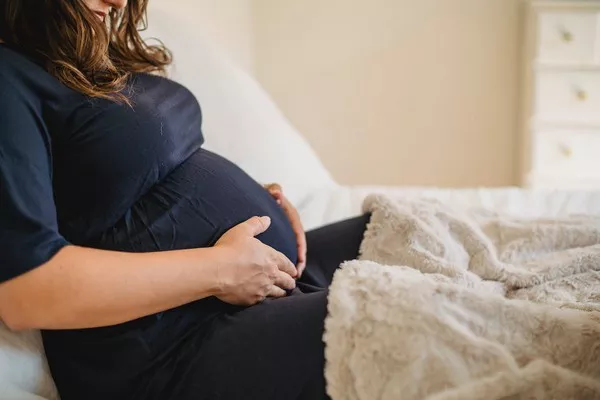The journey to conception is a topic of immense importance and curiosity for individuals and couples planning to start a family. Understanding the timing of ovulation and its relation to conception is key to increasing the chances of successful pregnancy. In this comprehensive guide, we will explore the process of conception after ovulation, factors influencing the time it takes to conceive, and helpful insights for those on the path to parenthood.
Ovulation and Fertilization
Ovulation marks the release of a mature egg from a woman’s ovary, making it available for fertilization by sperm. This typically occurs around the middle of a woman’s menstrual cycle, which is generally considered to be the 14th day in a 28-day cycle. Once released, the egg has a window of about 12 to 24 hours during which it can be fertilized by sperm.
Conception Window: Timing Matters
The fertile window—the period during which conception is most likely—includes the days leading up to and around the time of ovulation. Sperm can survive in the female reproductive tract for up to five days, so having intercourse during the days preceding ovulation increases the chances of sperm being present when the egg is released. This extended lifespan of sperm is a crucial factor in the overall time it takes to conceive after ovulation.
Factors Affecting Time to Conceive
1. Sperm Health and Count
The health and quantity of sperm play a significant role in the time it takes to conceive. If sperm count is low or if sperm health is compromised, the chances of successfully fertilizing the egg decrease. Optimal sperm health can be influenced by factors such as lifestyle choices, diet, and underlying health conditions.
2. Female Reproductive Health
The health of the female reproductive system also impacts the time to conceive after ovulation. Factors such as the regularity of menstrual cycles, hormonal balance, and the presence of any reproductive health issues can influence the likelihood of successful fertilization.
3. Age
Age is a critical factor that affects the time it takes to conceive. As women age, the number and quality of eggs naturally decline. This can lead to longer periods of trying to conceive, especially for women over the age of 35.
See Also: Female Fertility & Menstrual Cycle: Things You Need to Know
Achieving the Right Timing
Couples trying to conceive often rely on methods such as tracking ovulation, using ovulation predictor kits, or monitoring basal body temperature. These methods help pinpoint the fertile window, maximizing the chances of intercourse occurring at the most opportune time for conception.
When to Seek Medical Assistance
For some couples, conceiving may take longer than anticipated due to various factors. If pregnancy does not occur after one year of regular, unprotected intercourse for women under 35 (or after six months for women over 35), it may be time to seek medical assistance. A healthcare provider can conduct tests to assess fertility in both partners and offer guidance on potential treatments or interventions.
Conclusion
In conclusion, the time it takes to conceive after ovulation is influenced by a multitude of factors, including the timing of intercourse, sperm health, female reproductive health, age, and more. Understanding the dynamics of ovulation, the fertile window, and the influence of these factors can empower individuals and couples with the knowledge needed to navigate the path to parenthood. While achieving pregnancy is a unique journey for each person, seeking medical guidance if conception does not occur within a reasonable timeframe can provide valuable insights and options for those aspiring to start a family. By staying informed and proactive, individuals can enhance their chances of successful conception and ultimately realize their dream of becoming parents.


